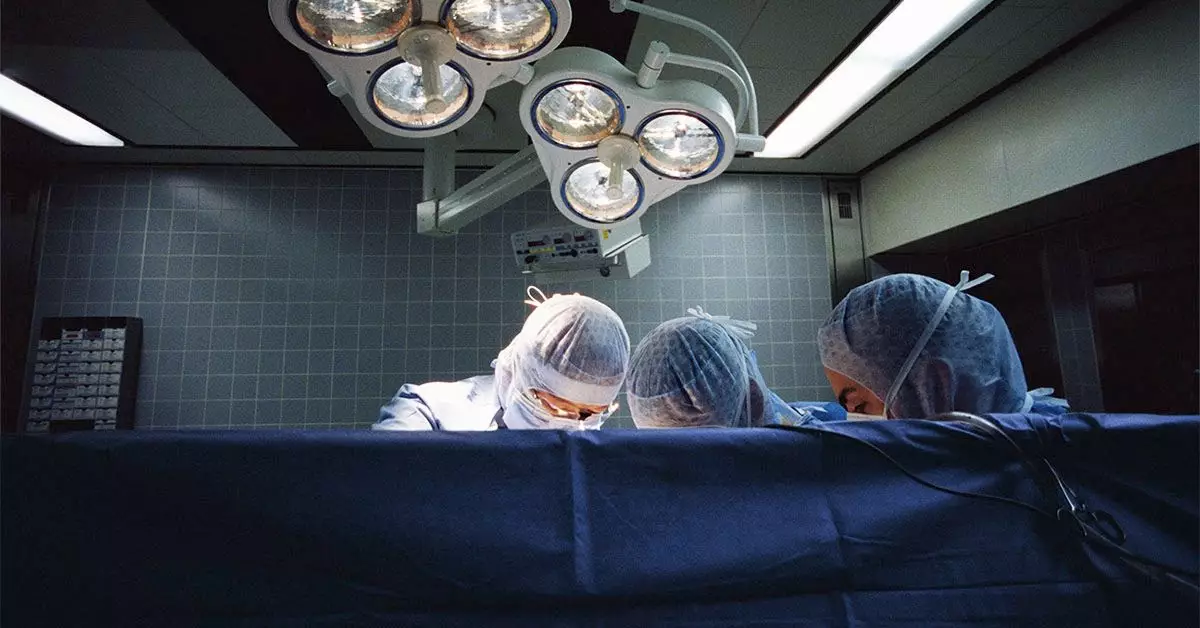Thyroid lobectomy is a crucial surgical intervention that primarily addresses various thyroid conditions, including cancer and benign growths. By comprehensively understanding the procedure, indicating factors, and recovery challenges, patients can make informed decisions regarding their health.
A thyroid lobectomy entails the surgical removal of a portion of the thyroid gland, which is responsible for regulating numerous metabolic processes in the body through hormone production. This procedure is indispensable in treating thyroid cancer and certain benign conditions, making it essential for affected patients to understand its implications. Unlike a total thyroidectomy, where the entire gland is removed, a lobectomy focuses on excising just a lobe, thus preserving some thyroid function and potentially mitigating the need for lifelong hormone replacement therapy.
Physicians may recommend a thyroid lobectomy for various reasons, primarily when there is clear evidence of abnormal growths or dysfunction within the gland. Here are key indications:
1. **Thyroid Cancer**: One of the foremost reasons for a thyroid lobectomy is the presence of malignant tumors. While only a small percentage of thyroid nodules turn out to be cancerous, a lobectomy can effectively eliminate localized tumors before they metastasize.
2. **Benign Nodules**: Sometimes benign nodules can cause discomfort due to their size or number. In such cases, doctors may suggest a lobectomy to alleviate symptoms and minimize the risk of potential malignancy developing over time.
3. **Goiter Treatment**: Enlarged thyroid glands, or goiters, can impinge upon the trachea or esophagus, leading to swallowing or breathing difficulties. A lobectomy can relieve these symptoms by removing the problematic portion of the gland.
4. **Hyperthyroidism**: When the thyroid is overactive and produces excessive hormones (hyperthyroidism), surgery may be warranted if medication fails to manage the condition effectively. A lobectomy can help restore hormonal balance.
The procedure typically begins with anesthesia, ensuring patient comfort throughout. The surgeon then makes a small incision in the neck, introducing specialized tools to carefully excise the affected lobe. The operation may take a few hours, depending on the complexity and condition of the thyroid. Afterward, the incision is sutured, and patients are often able to return home later the same day, barring any complications. Preparation for the surgery involves fasting instructions and possible medication adjustments prior to the operation to minimize risks.
Recovery from a thyroid lobectomy is generally straightforward but comes with its share of adjustments. Initially, patients might experience soreness at the incision site and will require intravenous fluids during their hospital stay. While most individuals can resume light activities within a few weeks, complete recovery may take longer, depending on their overall health and adherence to post-operative care guidelines.
Follow-up visits with healthcare providers are essential to monitor recovery and verify that hormone levels remain stable. While some individuals may function normally without needing additional thyroid hormone therapy, others may face the need for replacements, especially if a substantial portion of the gland was removed.
Like any surgical procedure, a thyroid lobectomy is not devoid of risks. Possible complications include infection, excessive bleeding, or damage to surrounding structures, notably the vocal cords. Patients should be aware of symptoms indicating potential issues, such as high fever, prolonged pain, or abnormal changes near the incision site.
Although serious complications are rare, being proactive in monitoring recovery can help catch any abnormalities early on. Discussing with a physician regarding safety and potential side effects significantly enhances the recovery experience.
Choosing to undergo a thyroid lobectomy requires careful consideration. Patients should engage in open discussions with healthcare providers regarding the necessity of the procedure, expected outcomes, and any associated risks. By staying informed and understanding what the procedure entails, patients can take control of their health and work towards holistic recovery.
Thyroid lobectomy can serve as a pivotal step in managing thyroid conditions, helping patients regain health and return to normalcy. With the right support and knowledge, individuals can navigate this surgical journey with confidence.

